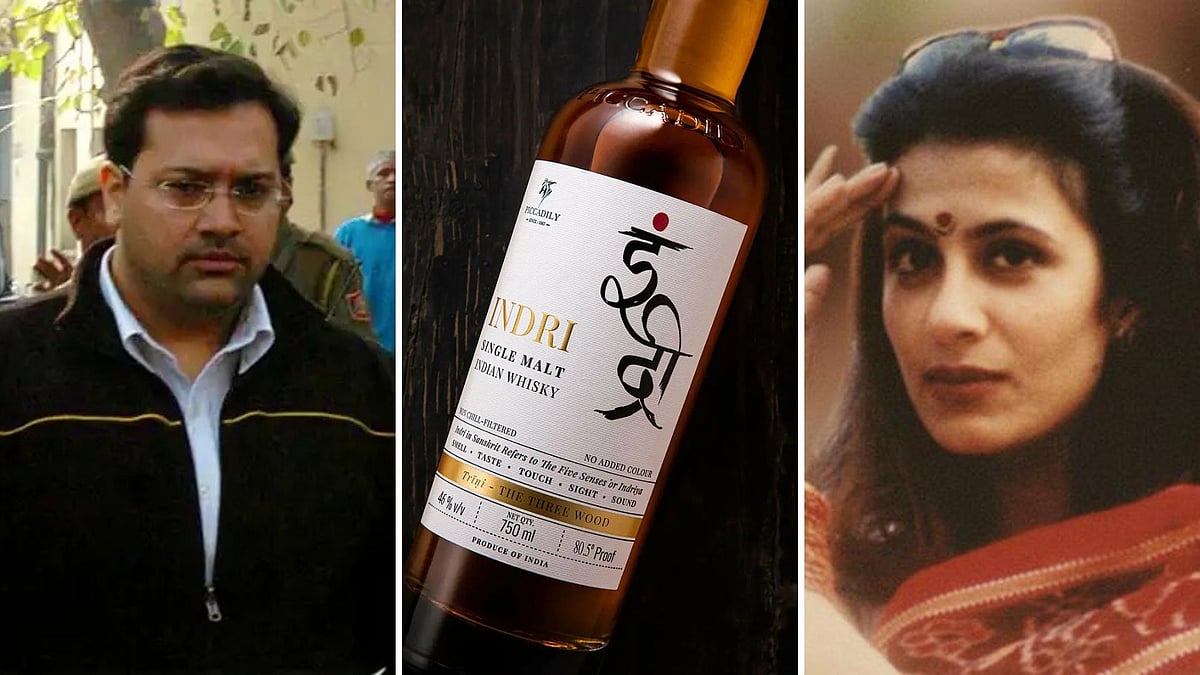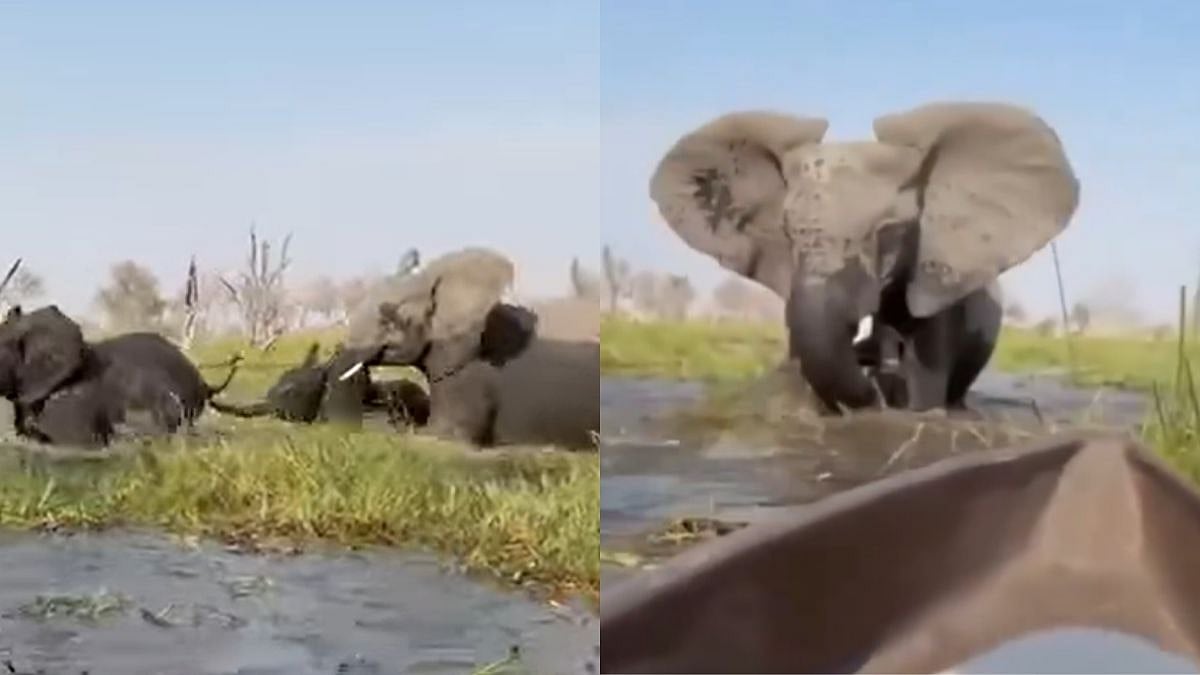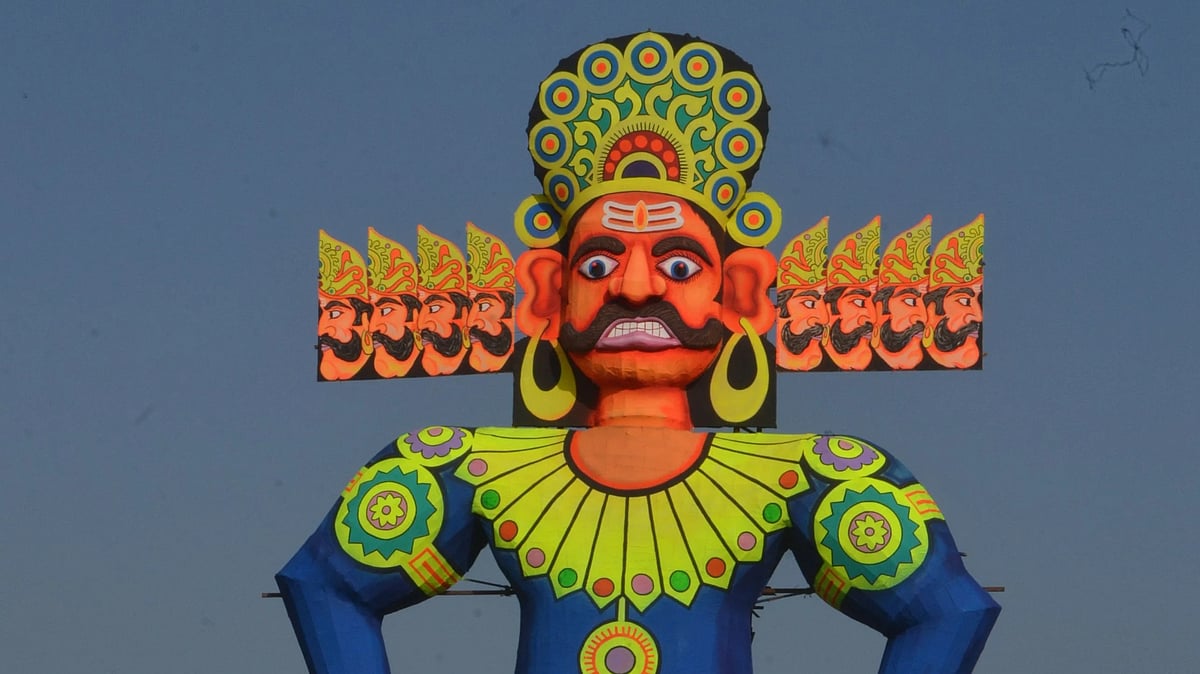Considering Maldives’ geographical location, Male-New Delhi differences after President Mohamed Muizzu’s ascension initially seemed to be a tropical sore which would heal on its own. But alas, the sore is festering and has become septic. And nobody is applying any balm on it, let alone administering steroids or antibiotics.
Maldives, whose population is a microscopic half-a-million, or substantially less than the number of heads in a Lok Sabha constituency, is today at loggerheads with economic powerhouse and nuclear-armed “Big Brother” India. Backed by China, the tiny island nation has flung the gauntlet at its giant neighbour. The deadline of March 15 that Male has unilaterally fixed for India to take back its troops from the archipelago is echoing across the length and breadth of South Asia. Without a doubt, the ‘ultimatum’ has suddenly given the India-Maldives clash an altogether new dimension.
All eyes in Islamabad, Kathmandu, Thimphu, Dhaka, Colombo and, of course, Beijing are on New Delhi to see how the Goliath responds to the challenge. Prime Minister Narendra Modi’s government has so far maintained a studied silence as it is obviously taking stock of the situation to make doubly sure that it doesn’t worsen; erring on the side of caution usually makes good diplomatic sense. Anyway, the world will soon enough know whether we are thick- or thin-skinned!
The March 15 deadline to remove 90 Indian military personnel stationed in Maldives is a lightning rod for crumbling bilateral relations. Muizzu, unmistakably, wants to rewrite all the rules of engagement with India after spending five days in China on a state visit marked by unusual pampering. And he is not mincing his words; he is shooting from the hip. His new-found defiance is evident from his remarks that “we may be small but that doesn’t give you the license to bully us”. Muizzu did not name India but there is no doubt in anyone’s mind that the salvo — which made headlines — was aimed at us.
The media is highlighting the time limit to send Indian troops packing, but the fine print paints an even grimmer picture: the helicopters and the Dornier aircraft gifted by India, which our military personnel have operated for years to ferry the sick and injured between islands, will not be used after March 1. In Muizzu’s own words, “An air ambulance will start flying on March 1 to carry patients in medical emergencies. Not a helicopter, not a Dornier. Our (Maldivian) Dash 8 aircraft is being readied for it.”
Muizzu’s other not-so-publicised move is to stop importing medicines, which are an essential commodity like foodgrains, from India. In the last two years, as the “India Out” campaign gathered steam, Maldives’ pharma dependence on us was being increasingly viewed as its Achilles’ heel and there was persistent talk of somehow rectifying the situation.
Not surprisingly, among the measures Muizzu announced on his return from Beijing, to decouple his islands from India, is the open declaration that Male will henceforth be importing medicines directly from Europe and America. Importantly, he described European drugs as “genuine” — implying that Indian drugs are not — and added that ending the practice of buying medicines from a “specific country” will “end our dependence on a particular group of people”. He chose his words very, very carefully to send a loud and clear message that the island nation will do anything and everything to come out of India’s shadow.
Importantly, Muizzu is repeatedly invoking “democracy” to fortify his case for the removal of India’s defence contingent from Maldivian soil. In interview after interview, including to The Times of India, he stressed that “if India does not withdraw its forces, it will amount to disregarding the democratic will of the Maldivian people and imperil the future of democracy in the country”. He is obviously harping on democracy to put India on the back foot as of late we have quietly promoted ourselves from the “world’s largest democracy” to the “mother of democracy”, to raise our global profile. And to exert even more pressure, Muizzu keeps saying that India has agreed to take back its military personnel, whereas New Delhi is biding its time with its lips wisely sealed.
I picked retired Vice Admiral Anil Chawla’s brain on the subject of Male’s determination to get rid of the Indian military by March 15. Chawla was Flag Officer of the Southern Naval Command in Cochin from 2018 to 2021 and has direct knowledge of the contentious subject. According to Chawla, first and foremost it’s a bit rich to describe the technical staff and pilots training Maldivians as troops, as they are not armed. Troops have an offensive connotation; they are essentially there for the maintenance of aircraft and not for combat.
Chawla told me that while India does not have boots on the ground — contrary to what Muizzu is going all out to project to build up his case – if our defence personnel are ultimately evacuated, it would mean that the helicopters and Dornier aircraft would also have to be brought back as there will be nobody to operate and service them. Muizzu, in any case, has already announced that come March 1 the Indian choppers and the Dornier will not be needed as Male would be pressing its own aircraft into service.
But, most importantly, Chawla is of the view that Maldives has the sovereign right to take a decision on Indian personnel and assets — and being a democratic and law-abiding country, India will comply with their decision. The admiral’s stand is very clear. But the coming weeks and months will reveal how exactly the Modi government will deal with the ticking bomb.
The author is an independent, Pegasused reporter and commentator on foreign policy and domestic politics










